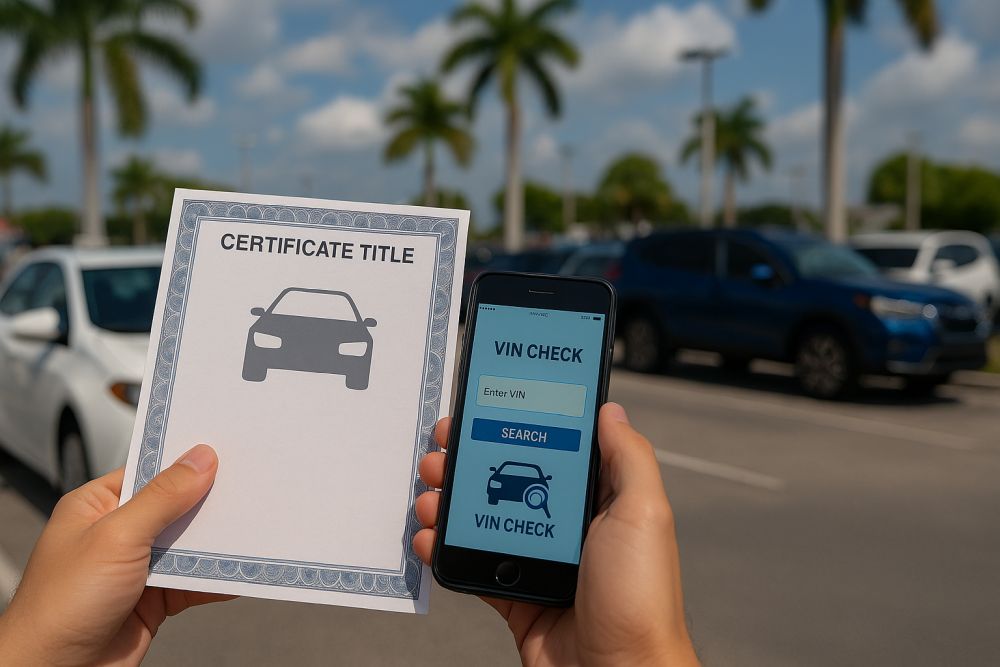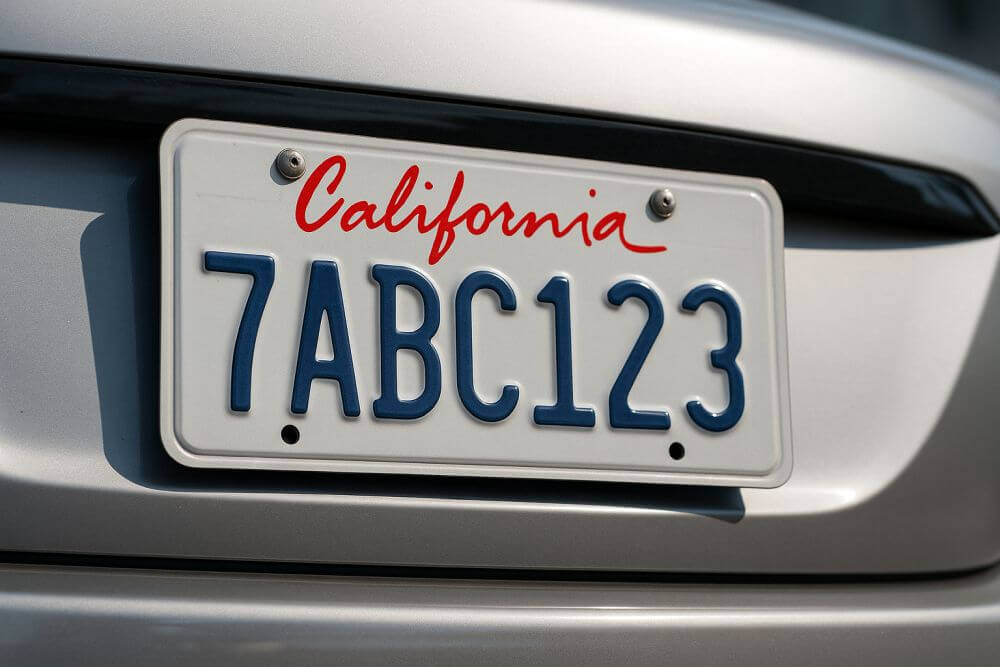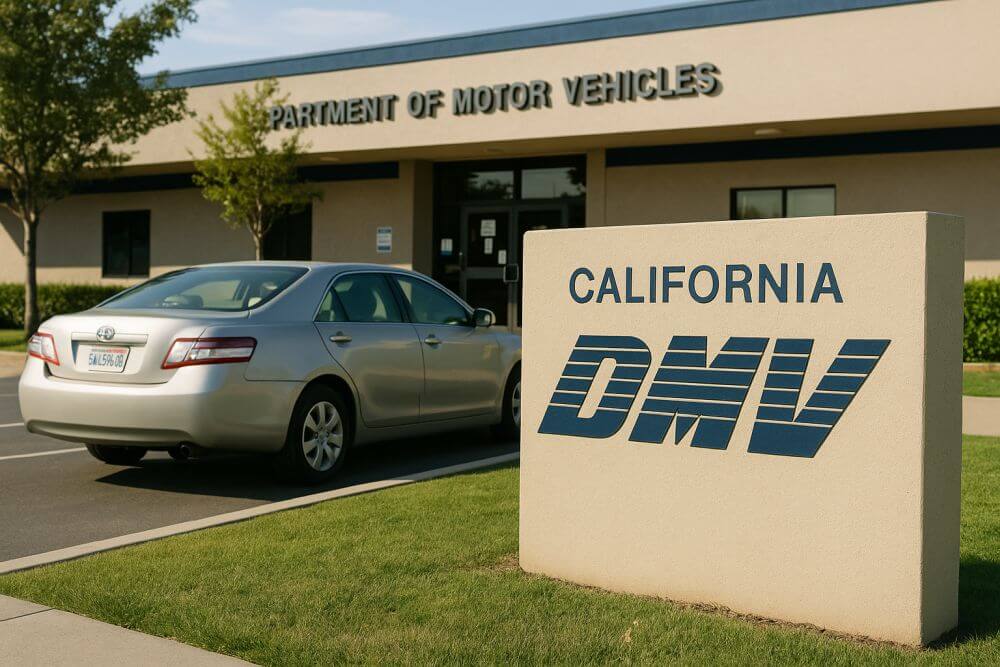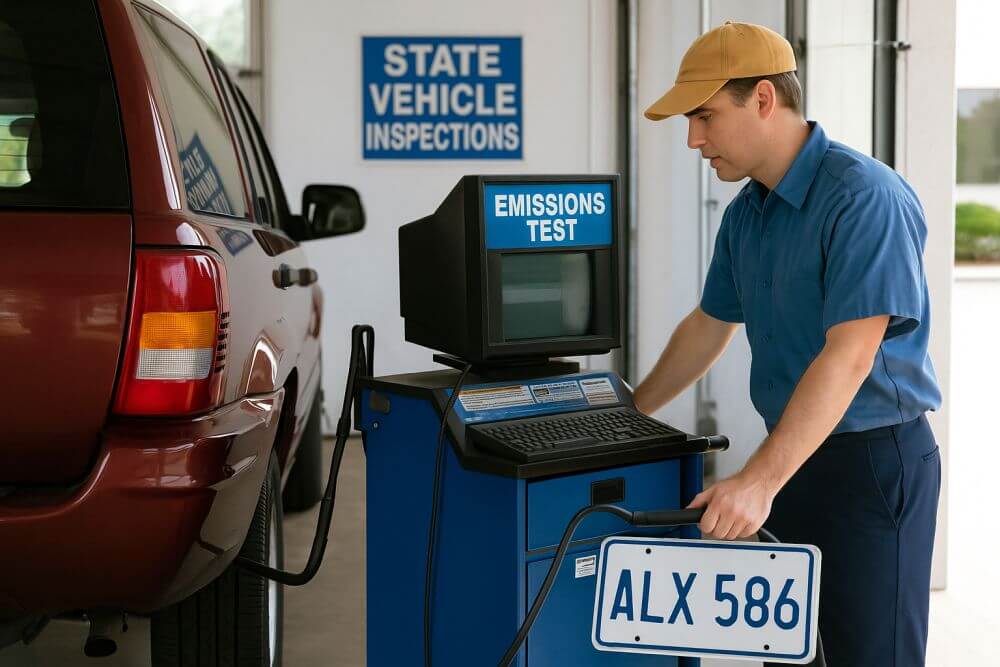Whether you’re buying a used car, investigating an incident, or simply verifying a seller’s legitimacy, knowing how to find the registered owner of a vehicle can be incredibly important. However, because of strict privacy laws, this process is not always straightforward and typically requires a valid, legal reason.

Below, we break down why you might need this information, the legal considerations, and the methods available for conducting a vehicle owner lookup safely and correctly.
Why You Might Need to Find a Vehicle’s Registered Owner
There are several legitimate reasons you may need to look up a vehicle owner, including:
- Verifying ownership before purchasing a used car: Ensures that the seller is the rightful owner and helps avoid scams.
- After an accident or hit-and-run: If you have the plate number and need to identify the vehicle involved.
- Tracing vehicles involved in suspicious activities: Often used in legal or insurance investigations.
- Handling abandoned vehicles: Authorities or property owners may need to determine ownership before taking action.
Legal Considerations: Privacy Laws and the DPPA
In the United States, the Driver’s Privacy Protection Act (DPPA) regulates who can access personal information from Department of Motor Vehicles (DMV) records. Personal details such as a vehicle owner’s name and address are protected and cannot be freely disclosed without a permissible purpose.
Permissible reasons can include:
- Legal proceedings or investigations
- Insurance claims and anti-fraud activities
- Employment verification for certain driving positions
- Vehicle recalls or emissions-related issues
Methods to Find the Registered Owner of a Vehicle
1. Contact the DMV
The DMV is the primary source for vehicle registration and ownership information. To obtain this data, you must:
- Submit a formal request, usually through a specific form (varies by state).
- Provide a valid reason that complies with the DPPA.
- Pay any applicable fees.
Note: Each state has its own process and requirements, so check with the DMV in the state where the vehicle is registered.
2. Use a License Plate Lookup Service
Several online services allow you to input a license plate number to get basic information about a vehicle. While these services usually do not reveal the owner’s personal details due to privacy laws, they can provide:
- Vehicle make and model
- Year of manufacture
- Title and registration status
- Whether the car has been reported stolen or salvaged
Some premium or restricted-access services, used by law enforcement and authorized professionals, may offer more detailed information when legally permitted.
3. Hire a Private Investigator
If your need for information is part of a legal or sensitive investigation, hiring a licensed private investigator can be an effective option. Private investigators have access to specialized databases and understand the legal frameworks for obtaining private information.
4. Check a Vehicle History Report
While vehicle history reports from services like Carfax or AutoCheck do not provide current owner names, they do show:
- Number of previous owners
- Title transfers
- Locations of past registrations
- Major accidents or salvage history
These reports can help verify a seller’s claims and give clues about the vehicle’s history.
5. Request Help from Law Enforcement (When Applicable)
If you are dealing with an accident, suspected theft, or another legal issue, local law enforcement can access vehicle ownership records. You may need to file a formal report to initiate this process.
The Role of VIN Decoding in Owner Lookup
A Vehicle Identification Number (VIN) is a unique 17-character code assigned to every vehicle. While decoding a VIN won’t directly reveal an owner’s personal information, it can provide:
- Vehicle specifications (make, model, engine type, etc.)
- Title and registration history
- Recall and warranty details
- Reported accidents or flood damage
Combining VIN decoding with other methods (such as plate lookups and history reports) helps you verify a vehicle’s legitimacy and history, strengthening your due diligence before buying or investigating further.
VinCheckPro’s Free VIN Decoder
For those looking to learn more about a vehicle’s background, VinCheckPro offers a free VIN decoder tool. While it won’t list the registered owner, it provides valuable information about the vehicle’s specifications, accident history, and potential red flags. Using this tool is an excellent first step in verifying a vehicle before exploring more detailed ownership records.
Frequently Asked Questions
Can I find out who owns a car for free?
No. Due to privacy laws, owner details are typically not available for free and require a valid reason to access through authorized channels.
Is it legal to find out the owner of a car using its license plate?
Yes, but only under certain legal circumstances that comply with the DPPA and local state laws. Unauthorized access to this information can lead to penalties.
Can a VIN decoder show who owns a car?
No. A VIN decoder provides vehicle details and history but does not reveal the registered owner’s identity.
How accurate are online license plate lookup services?
Basic lookup services can provide general vehicle information, but they do not guarantee access to private ownership details unless you’re using a service approved for legal or investigative use.
What should I do if I suspect a car is involved in illegal activity?
Report it to local law enforcement and provide any identifying information, such as the plate number or VIN. They have the authority to investigate and access ownership records legally.
Final Thoughts
Finding the registered owner of a vehicle involves navigating strict privacy laws and using proper channels. While general public access to owner information is limited for good reason, there are legal methods and resources available when you have a legitimate need.
For initial research, using a VIN decoder like VinCheckPro’s free tool is a great first step to uncover critical details about a vehicle’s history and condition. By combining VIN checks, official DMV records, and professional help when necessary, you can confidently verify a vehicle’s background and make informed decisions.


